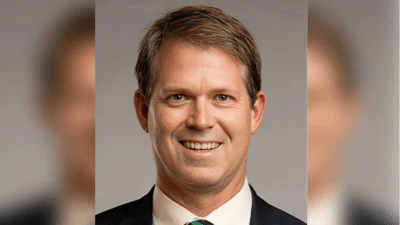Republicans and Democrats do not agree much on anything as of late, but both sides of the aisle agree that occupational licensing rules must be reformed.
The Trump administration is seeking ways to fix laws that require workers to complete hours of training and educational coursework, pay fees and pass tests. Like the Obama administration before it, the current White House deems the current rules ineffective.
According to public perception, a “licensed” worker is someone who underwent thorough training and demonstrates solid competency in their job duties and responsibilities. Nonprofit Mackinac Center for Public Policy, however, countered that occupations not requiring licensure also provide workers with training and many licensed jobs do not.
Criticizing occupational licensing laws as a drain on the economy and irrelevant to public safety, the MCPP claims that research cannot establish a connection between licensing laws and improved safety because most licensed occupations do not actually train employees and “there's more than one way to regulate an occupation,” a blog post written by MCPP’s Jarrett Skorup, states. Skorup is the center's director of marketing and communications.
Skorup, who suggested that “there are ways to regulate without locking workers out,” asserted that some states may license a particular occupation while others do not.
“For instance, some states license deck builders and roofers while others do not,” Skorup wrote. “And no states license restaurant cooks. But these workers are, nevertheless, regulated in all states. They must abide by the standards that state or local regulations — or both — create. These governments then inspect the work to ensure compliance, and workers who violate the regulations can be fined or even forced to shut down their business.”
Skorup added that “this kind of regulation” protects both consumers and workers.
According to the MCPP, the state of Michigan regulates approximately 200 different occupations, with about 75 percent of its licensing requirements limiting individuals with criminal records from finding work.
In the beginning of the Trump presidency, U.S. Secretary of Labor Alexander Acosta said that states should reform their occupational licensing rules to stimulate job growth.
Four years ago, the Obama White House determined in a report that licensing laws mean fewer jobs and higher costs for consumers with little or no benefit to health and safety.



 Alerts Sign-up
Alerts Sign-up